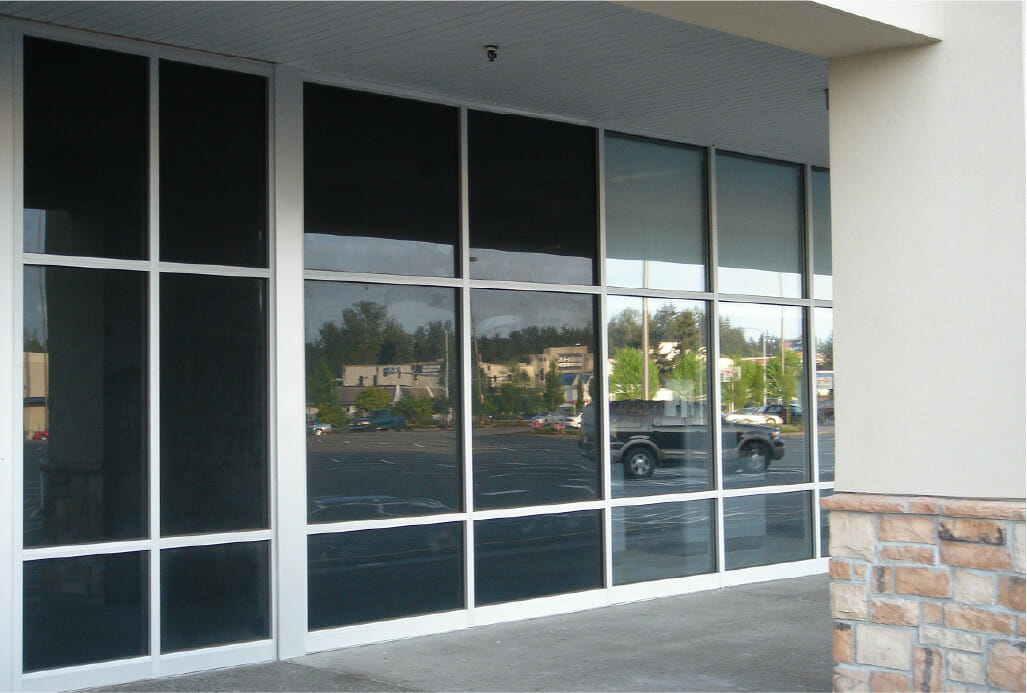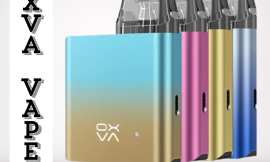Homeowners have increasingly turned to residential window tinting as a viable solution for improving energy efficiency, enhancing privacy, and elevating comfort within their living spaces. While the initial investment in window film can vary, understanding the long-term benefits and cost-effectiveness of this choice is crucial for making informed decisions.
Understanding Residential Window Tinting
Residential window tinting involves applying a thin film to the glass surfaces in a home. This film can come in various shades and materials, each designed to serve specific functions. The most common types include:
- Solar Control Films: These films reduce heat and glare from sunlight, helping to maintain a comfortable indoor temperature.
- Privacy Films: Offering varying degrees of visibility from the outside, these films enhance privacy without sacrificing natural light.
- Decorative Films: These films can add aesthetic value and style, transforming plain glass into beautiful design elements.
- Safety and Security Films: These are thicker films designed to hold shattered glass in place, providing an extra layer of safety.
Initial Costs vs. Long-Term Savings
The upfront cost of residential window tinting can range from $2 to $14 per square foot, depending on the type of film and installation complexity. For an average home with around 20 windows, this can lead to a total investment between $1,000 and $3,000. While this may seem steep, it’s essential to consider the long-term savings that window tinting can provide.
Energy Efficiency
One of the primary benefits of window tinting is its ability to enhance energy efficiency. According to the U.S. Department of Energy, window films can reduce heat gain by up to 78%. This can significantly lower cooling costs, particularly in warmer climates where air conditioning is used extensively.
For instance, a household that spends about $200 a month on cooling could see savings of 30% or more after installing window tint. Over a year, this could translate into savings of approximately $720, effectively offsetting the initial installation cost within just a few years.
UV Protection
Another significant advantage of window tinting is its ability to block harmful ultraviolet (UV) rays. Prolonged exposure to UV rays can lead to skin damage and fading of furniture, carpets, and artwork. High-quality window films can block up to 99% of UV rays, protecting both occupants and interior furnishings.
By preventing UV damage, homeowners can reduce replacement costs for faded or damaged furnishings and potentially lower healthcare costs associated with UV-related skin issues.
Increased Comfort
Window tinting not only reduces glare and heat but also contributes to a more comfortable living environment. Homes with tinted windows tend to have a more consistent temperature throughout the day, eliminating hot spots caused by direct sunlight. This increased comfort can lead to a more enjoyable living experience and a reduced need for heating or cooling adjustments.
Enhanced Privacy and Security
Privacy is another important aspect that window tinting addresses. Homeowners can enjoy peace of mind knowing that their indoor activities remain unseen from the outside. This added layer of privacy is especially beneficial for homes located in densely populated areas or near busy streets.
Moreover, safety and security films can fortify windows against breakage. This can deter intruders and reduce the risk of injury from shattered glass, adding an element of safety to the home environment.
Return on Investment (ROI)
Calculating the ROI of car window tinting involves considering the initial costs against the long-term savings and benefits. Here are a few factors to consider:
- Energy Savings: As discussed, energy costs can drop significantly with the installation of window films. Over a typical lifespan of 10 to 15 years for window films, homeowners can save thousands of dollars on energy bills.
- Increased Home Value: Energy-efficient Homes often have higher resale values. Potential buyers are increasingly looking for energy-saving features, and window tinting can be a selling point.
- Longevity and Warranty: Most window films come with warranties ranging from 5 to 15 years, ensuring that homeowners can enjoy the benefits without the worry of immediate replacement costs.
Environmental Impact
In addition to personal financial benefits, window tinting also contributes positively to the environment. By reducing the energy demand, tinted windows can lower the overall carbon footprint of a home. Less reliance on air conditioning and heating means reduced greenhouse gas emissions, aligning with many homeowners’ goals to live more sustainably.
Choosing the Right Film
When considering window tinting, choosing the right type of film for your specific needs is crucial. Factors to consider include:
- Climate: In hot climates, solar control films are more beneficial, while decorative films may be more suitable for aesthetics.
- Type of Windows: Different films work better with various types of glass, so it’s important to consult with professionals who can recommend the best options.
- Local Regulations: Some areas have regulations regarding the level of tint allowed on residential windows, so it’s vital to check local laws before installation.
Conclusion
The cost-effectiveness of residential window tinting is clear when weighing the initial investment against the multitude of long-term benefits. From energy savings and UV protection to enhanced comfort and increased home value, window tinting represents a smart choice for homeowners looking to improve their living environment while also making a sound financial decision.
As with any home improvement, it’s essential to research options, consult with professionals, and consider personal needs. With the right approach, residential window tinting can prove to be a valuable addition to any home, offering substantial savings and a host of advantages for years to come.




